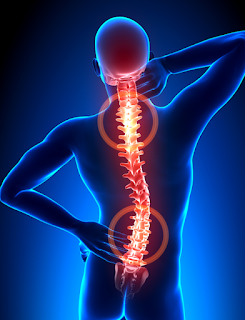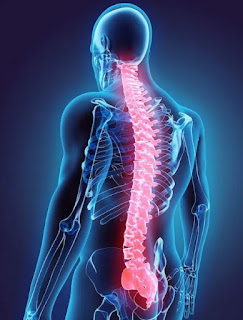Signs & Symptoms to be noted Prior to Your Visit to a Neurologist!
A neurologist is a doctor who diagnoses, treats and manages conditions involving spinal cord, nerves, anterior cervical discectomy and fusion and your brain. Neurological disorders- if not treated can adversely impact the way you move, think and talk.
This is the reason why a
neurosurgeon/neck pain doctor
is your primary care doctor to whom you can consult for any such issue.
Here are top reasons why you should see a neurologist:
1. You
are experiencing neuropathic pain.
Neuropathic pain occurs when nerves are impacted. Pain that
a patient might undergo can be sharp and shooting. You may also experience
neuropathic pain due to damage to your spinal cord and brain.
2. You
have seizures
Seizures are a nuisance in your brain. They may be the culprit
behind the strange sensations as well as uncontrolled movements. To find the
underlying cause, a neurologist may do brain testing and imaging on the patient.
3. You
suffer from brain or spinal cord injury.
Injuries in your spinal cord and brain may cause an adverse
impact. A neurologist can create a treatment plan for your unique situation and
coordinate the best-in line care. This might include medication, physical
and mental therapy in the process.
4. You
have multiple sclerosis.
Multiple sclerosis is a long term disorder affecting the spinal
cord and brain. Symptoms of MS can include change in vision, weakness, and numbness.
A neurologist will take cue of the results of an exam and imaging studies of
your brain and spinal cord for diagnosis. Additionally, prescription
medications can help manage or slow down MS attacks. A neurologist will be
there to work with you and find out the right treatment.
For more details about non-surgical back treatment
or sclerosis, visit www.totalspinebrain.com




Comments
Post a Comment